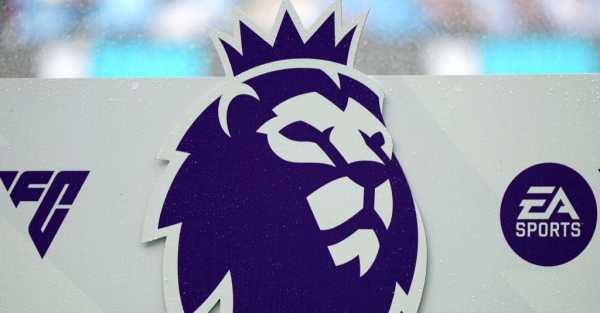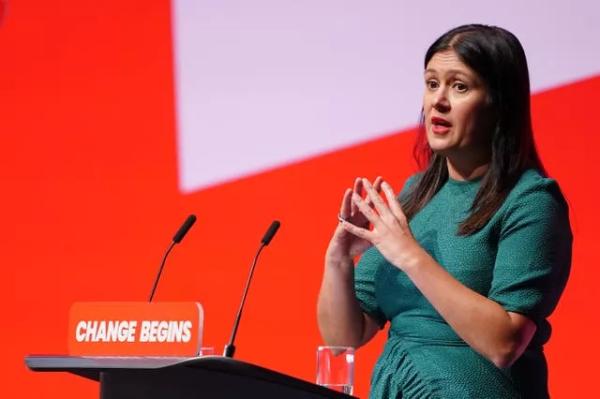
The Premier League spent more than £45 million (€53 million) on legal costs last season as it fights to uphold its rules.
The league is involved in two separate legal disputes with four-times-in-a-row champions Manchester City, while it is also investigating Chelsea over alleged irregular payments linked to the club’s former owner Roman Abramovich.
On top of that, there have been legal cases connected to its profit and sustainability rules (PSR) involving Everton and Nottingham Forest, who were docked points last season, and Leicester who will not now face an independent commission over an alleged breach.
The PA news agency understands the costs are included in information sent to clubs ahead of Thursday’s Premier League shareholders meeting in central London.
The league’s chief football officer Tony Scholes will present refereeing and VAR data to clubs from the first weeks of the season at the meeting, which it is expected will show a positive picture in contrast to some of the criticism of officiating from top-flight managers in the opening weeks.
Scholes will also provide an update on testing of new semi-automated offside technology, which clubs unanimously agreed in April to introduce at some stage in the current campaign.
The intention at the time was an introduction after one of this autumn’s international breaks, with the next one falling in October.
There have also been reports that a decision is imminent regarding City’s challenge to the league’s associated party transaction (APT) rules.

League rules prohibit the arbitration panel decision being announced, but clubs would expect to be kept informed by the league if the outcome has any impact at all on the current rulebook.
The APT rules are designed to ensure commercial deals with entities linked to a club’s owners are done at fair market value.
The meeting is also the first since an appeal panel judged in Leicester’s favour in their dispute with the Premier League over an alleged PSR breach.
The appeal panel accepted Leicester’s argument that an independent commission set up under Premier League auspices did not have jurisdiction to hear the case, because the club were in the Championship at the time the final set of accounts in their PSR calculation were published.
There has been speculation the decision could prompt a rewrite of the rules, but a similar situation could not occur again until next summer at the earliest, so the sense from league sources is that there is no rush to do anything.
Clubs are also set to discuss the first weeks of the new ‘shadow’ financial regulations, which are intended to come into force next season.
These include the Squad Cost Rules (SCR) which limit spending on squad-related costs at 85 per cent of revenue, and top-to-bottom anchoring (TBA) which effectively creates a spending cap set as a multiple of the central revenue paid out to the league’s lowest-earning club.
Manchester United and Manchester City are among the clubs who oppose the principle of anchoring, while players’ union the Professional Footballers’ Association has instructed sports barrister Nick De Marco KC to act on its behalf in its dealings with the Premier League on this subject.
De Marco was part of the legal team involved in Leicester’s recent PSR appeal success, and helped force the withdrawal of a salary cap in the EFL. The PFA has said it will oppose any measure which it feels amounts to a salary cap.
The meeting is the first shareholders gathering since the Labour landslide in July, and the prospect of legislation being brought forward to create an independent regulator is sure to be discussed.

UK culture secretary Lisa Nandy said on Monday the Football Governance Bill would be brought back to Parliament “within a matter of weeks”.
The Premier League’s position remains that light-touch, targeted and proportionate legislation can be made to work.
Thursday’s meeting also represents a first formal opportunity of the new season to discuss the ‘New Deal’ talks with the EFL which have been on hold since March.
Sourse: breakingnews.ie